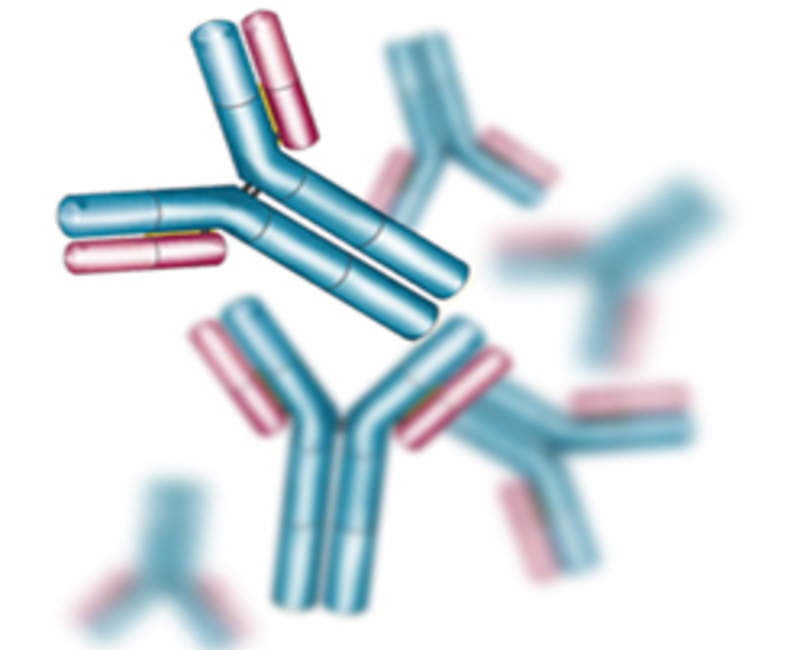
Researchers from the Johns Hopkins University in the US have invented a class of immunotherapy drugs, Y-traps, designed to use the body’s immune system to fight cancer.
Y-traps are Y-shaped molecules that are fused to a molecular ‘trap’ to capture nearby molecules and make them ineffective.

Discover B2B Marketing That Performs
Combine business intelligence and editorial excellence to reach engaged professionals across 36 leading media platforms.
A major way tumors evade the immune system is via regulatory T cells (Tregs) that turn off the immune system’s ability to attack tumor cells. Tumors are frequently infiltrated by Tregs, and this is strongly correlated with poor outcome in multiple cancer types.
Initially, the new Y-trap drugs were formulated to disable cytotoxic T-lymphocyte associated protein 4 (CTLA-4) and transforming growth factor-beta (TGFbeta), proteins that promote the development of Tregs. This allows anti-tumor immune cells to fight the tumor and turns down Treg cells.
Preclinical data from the university’s study demonstrated a significant reduction in tumour growth when Y-traps were used, including cancers that do not respond to current immunotherapies.
Associate professor of otolaryngology at the Johns Hopkins University Atul Bedi said: “Tregs have long been a thorn in the side of cancer immunotherapy. We’ve finally found a way to overcome this hurdle with this CTLA-4-targeted Y-trap.”

US Tariffs are shifting - will you react or anticipate?
Don’t let policy changes catch you off guard. Stay proactive with real-time data and expert analysis.
By GlobalDataAnother Y-trap developed to target PD-L1 and trap TGFbeta demonstrated better efficacy than existing PD-L1-targeting drugs atezolizumab and avelumab. It also decreased the tumour growth of cancers that had not previously responded to drugs.
Bedi added: “We have already invented a whole family of these multifunctional molecules based on the Y-trap technology.
“Since mechanisms of immune dysfunction are shared across many types of cancer, this approach could have broad impact for improving cancer immunotherapy.”
As well as treating patients with advanced metastatic cancers, Bedi expects to potentially use the new class of drugs as a neoadjuvant therapy prior to surgery to create a ‘vaccine’ effect and preventing disease recurrence.




